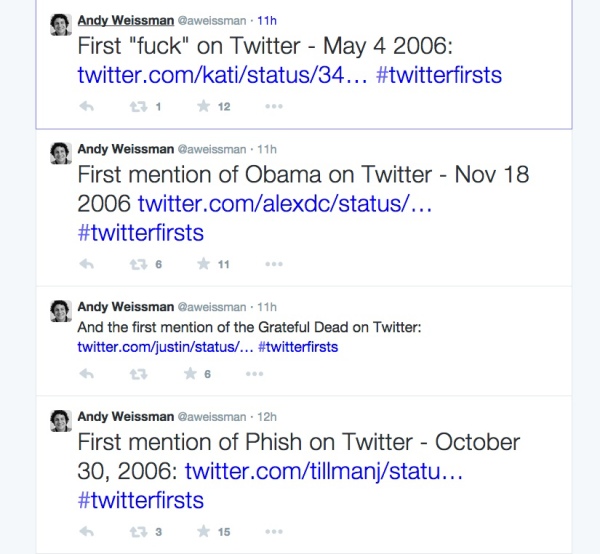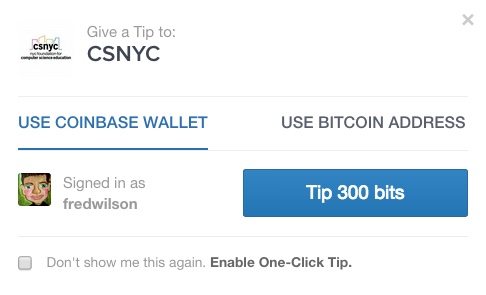Immigration
Damn. The President has done it twice in the past few weeks. He’s showing a new side of him and I like it very much.
Last night he announced a series of executive actions that “will shield up to five million people from deportation and allow many to work legally, although it offers no path to citizenship”, to quote from the New York Times.
It bothers me very much that the US, a nation of immigrants, a place where many (most?) new businesses are started by immigrants or the children of immigrants, a country that has historically welcomed others with open arms, has become closed minded when it comes to the issue of immigration. We have given a lot of time and money, and airtime here at AVC, in support of immigration reform and I have come to understand that the issue is hostage to the politics of our two main parties.
The Democrats want to remain the party of the immigrant and have been pushing for “comprehensive immigration reform” in search of a big win for its constituents. The Republicans don’t want to let tens of millions of likely Democratic voters into the voting booths in the coming years and have been against any path to citizenship and the voting booth. Both positions are understandable and rational in the context of politics. But caught in the middle are tens of millions of people who are in our country, have been in our country for a long time, and who provide much of the foundation of the hard work that gets done every day. This is not right. We must change it.
And so the President has thrown down the gauntlet and said “I’m going to do what must be done, regardless of whether you like it or not, and I have the legal right to do it.” Is this politically motivated. Hell yes. Is it the right thing to do. Hell yes. Now it is time for the Republicans to do the right thing to. Because they really have no choice.
Every once in a while good politics results in good policy. This is one of those times. Thanks Mr President.

